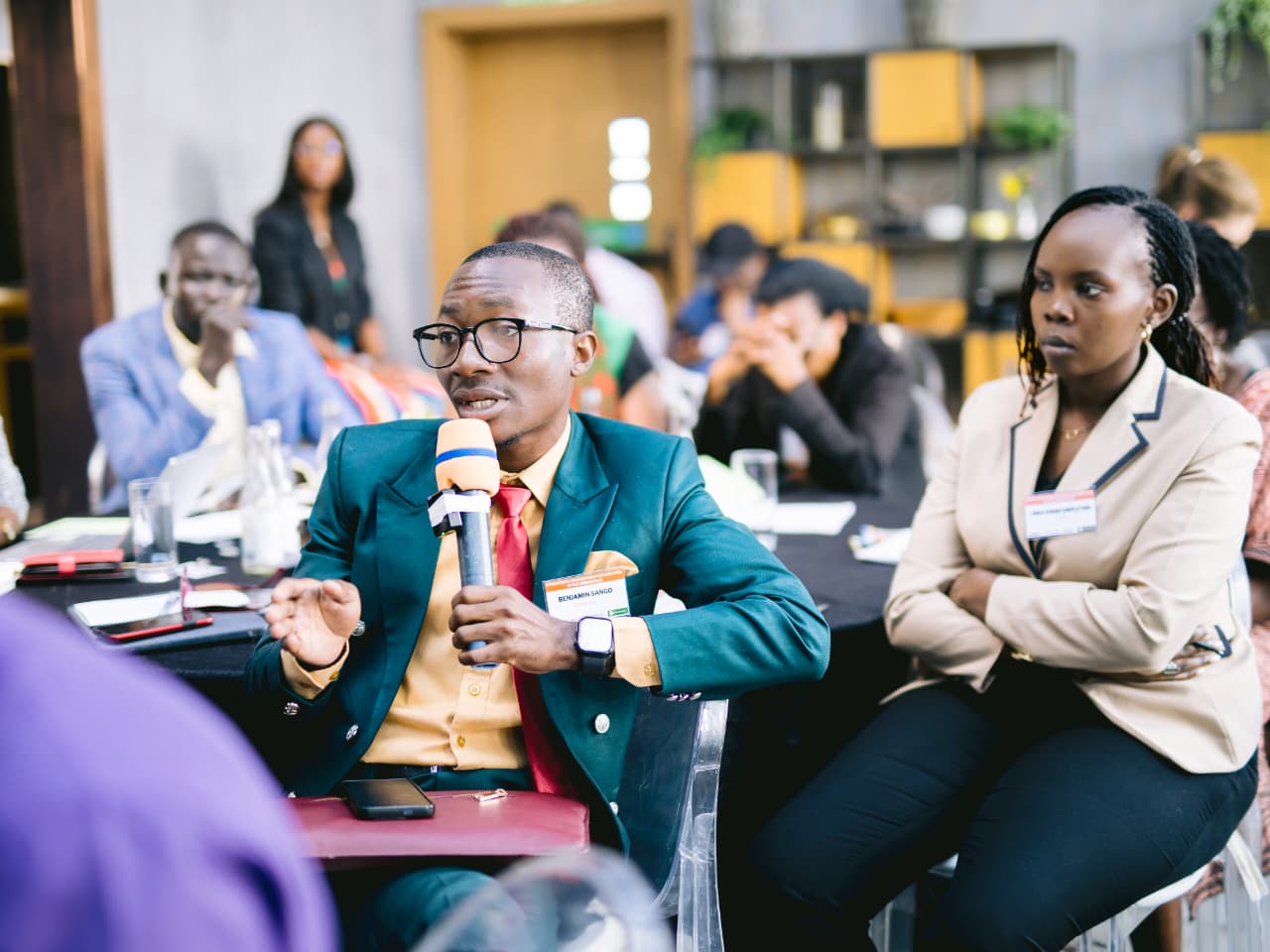Centering Refugee-Led Organizations in the Shirika Plan: A Pathway to Real Inclusion Details

Centering Refugee-Led Organizations in the Shirika Plan: A Pathway to Real Inclusion
As Kenya advances into the next phase of the Shirika Plan, the national transition framework for refugee inclusion, one truth stands out clearly: the success of this plan depends on strong, intentional collaboration with Refugee-Led Organizations (RLOs). The Shirika Plan represents one of the most significant shifts in refugee policy in Kenya’s history. It aims to transition refugees from aid-dependent encampment to meaningful inclusion in social and economic life. But for this vision to move from policy to reality, the structures guiding its implementation must reflect the voices, expertise, and leadership of the communities at its heart. At L’AFRIKANA, we believe that this moment offers Kenya a remarkable opportunity to redefine how humanitarian and development systems work—by grounding them in community leadership.
Why Refugee-Led Organizations Matter RLOs are not just service providers; they are community anchors. Their work is built on trust, proximity, and lived experience. They operate in a space that external actors cannot easily reach or replicate. RLOs bring: ✅ Deep community insight They understand the challenges, strengths, and aspirations of refugee communities from the inside. ✅ Trusted relationships They hold longstanding rapport with youth, families, community leaders, women’s groups, and other grassroots networks. ✅ Local solutions that work Their interventions are shaped by daily realities—not assumptions. ✅ Cost-effective, sustainable outcomes Community-led approaches deliver long-term value because they empower rather than replace existing capacity. These strengths make RLOs indispensable partners in any national inclusion agenda. The Shirika Plan and the Transition Ahead The Shirika Plan is built on a vision of shared responsibility between government, humanitarian actors, and communities. As we move deeper into its operational phase, it becomes even more important to ensure that refugee participation is not symbolic—it's practical, structural, and influential. This requires more than consultations. It requires co-creation. To achieve this, the Government of Kenya and UNHCR Kenya can take key steps: 1. Institutionalize RLO participation in all phases of the Shirika Plan From design to evaluation, refugees must have a seat at the table—not as observers, but as partners. 2. Invest in the long-term capacity of RLOs Sustainable funding, technical support, and collaborative platforms are essential for meaningful engagement. 3. Expand co-implementation models Assign roles to RLOs that align with their areas of expertise—education, protection, livelihoods, peacebuilding, and advocacy. 4. Recognize RLOs as leaders of the localization agenda Localization is not just about shifting resources; it is about shifting power. L’AFRIKANA’s Commitment to Shared Leadership At L’AFRIKANA, our work spans education, protection, livelihoods, advocacy, and community empowerment. Over the years, we have built a trusted presence both in Nairobi and in the diaspora communities we support. Our organizational foundation is built on lived experience. Our leadership comes from the refugee community itself. Our programs respond directly to the evolving needs of the people we serve. In this transition period of the Shirika Plan, we stand ready to collaborate, co-design, and co-implement with all stakeholders—including government, UNHCR, civil society, and fellow RLOs. The Future of Refugee Inclusion in Kenya The Shirika Plan will ultimately be judged by its outcomes: 1. Are refugees integrated into local economies? 2. Do they access education, healthcare, documentation, and opportunities? 3. Are host communities benefiting as well? 4. Are refugees recognized as partners—not passive recipients? These questions can only be answered positively if RLOs are fully involved. The humanitarian ecosystem is changing—and Kenya has the chance to lead the continent by demonstrating how policy, community leadership, and government commitment can come together to create sustainable inclusion.
A Call to Action To all partners, policymakers, and humanitarian actors: The time for collaboration is now. RLOs are ready. Communities are ready. Kenya is ready. Let us build a national model of refugee inclusion that is rooted in dignity, agency, and shared leadership—a model where refugees contribute to shaping their future alongside the institutions that serve them. The Shirika Plan is not just a policy framework. It is a promise of a more inclusive Kenya. Let us deliver on that promise—together.
-
Call Us
-
Email
-


